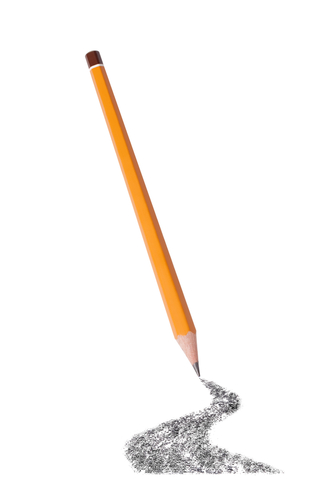In this activity, we'll look closely at how language is used in the poem 'Climbing My Grandfather'. Are you ready? Well, fasten your climbing shoes and let's go!
First, a recap:
In the poem 'Climbing My Grandfather', written by Andrew Waterhouse, the speaker symbolically 'climbs' his grandfather, trying to get to know him better.
Here we will evaluate Waterhouse's language choices in the poem. Remember, evaluating language is actually quite simple if you break it down into these two points:
What attitudes does the poet express through this language choice?
What effect does this word have on you, the reader?
.jpg)
When we break down our language evaluation into these two points, it's easier to get down to the nitty-gritty of word choice. It also helps us evaluate language by putting ourselves in the speaker's shoes, asking why the poet chose those specific words and considering the effect of those words.

To get started, here's an example of language evaluation. Don't worry ... you won't have to write anything this long in the exercise!
In line 10 of the poem, Waterhouse writes: "on his arm I discover the glassy ridge of a scar". Waterhouse uses language such as 'discover' to link to the overall extended metaphor of mountain climbing.
The speaker seems to want to have a close relationship with his grandfather, and this is illustrated in the extended metaphor of climbing, where the speaker wants to symbolically know every feature of his grandfather.
The effect of the extended metaphor is that it seems to suggest the speaker wants to get closer to his grandfather through the symbolic climb. The physicality of 'climbing' represents the effort involved in reaching the emotional connection the speaker strives to have with his grandfather.
You should always refer to your own text when working through these examples. These quotations are for reference only.







